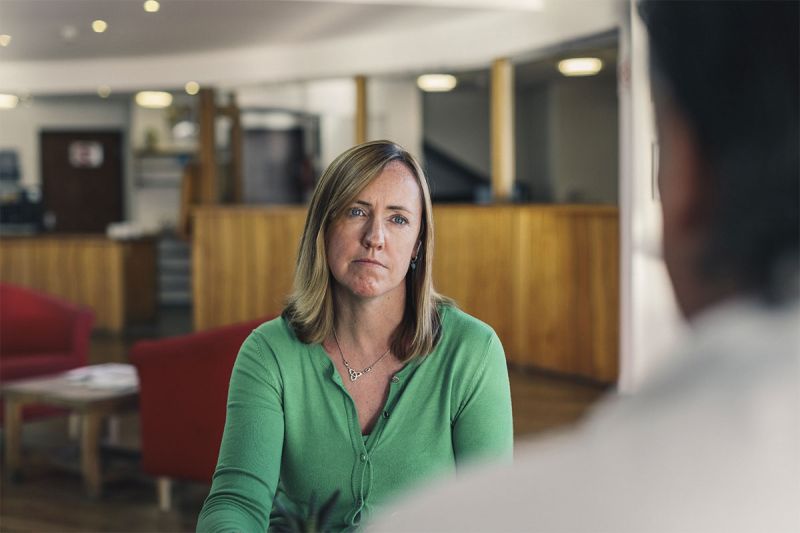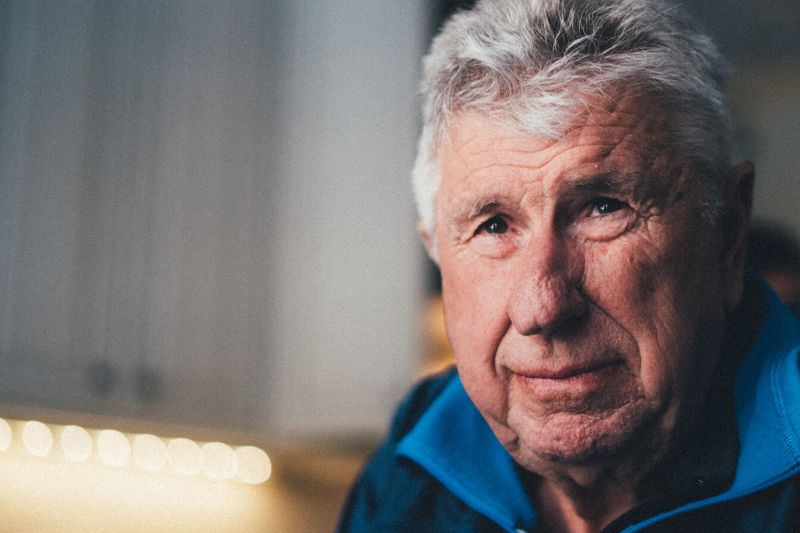As depression can be an ‘invisible’ illness, some people find it difficult to understand the effect it can have. They might see depression as trivial or dismiss it altogether. And this can make it harder for those experiencing it to speak openly and seek the help they need.
What is Depression?
Depression is the most common mental health disorder in Britain, according to the Mental Health Foundation. It is a very real illness, and debilitating symptoms might include feelings of helplessness, crying, anxiety, low self-esteem, a lack of energy, sleeping difficulties, physical aches and pains, and a bleak view of the future.
"Make eye contact, bring them crisps, give them a quick ring, listen to them. And tell them it’s going to be okay – until they are strong enough to say it to themselves.”
Depression shows itself in many different ways, but it typically interferes with a person’s ability to function, feel pleasure or take an interest in things. Find out about symptoms, treatments and tips for managing it on the NHS, Rethink Mental Illness and Mind websites.
The stigma around depression
Mental health problems are common, but nearly nine in ten people who experience them say they face stigma and discrimination as a result. This stigma and discrimination can be one of the hardest parts of the overall experience because it might mean lost friendships, isolation, exclusion from activities, difficulties in getting and keeping a job, not finding help and a slower recovery. Equally, stigma can cause us to shy away from the people around us who might need our support.
It doesn’t have to be this way.
"The hardest part of depression is finding a way to tell people. It is like you are hiding a terrible secret. I think I felt ashamed of myself for getting depression, like somehow I had failed. That’s what depression does to you: it makes you feel like a terrible failure."




